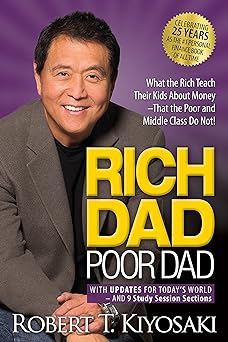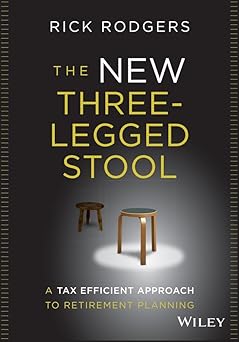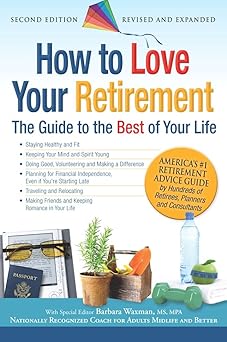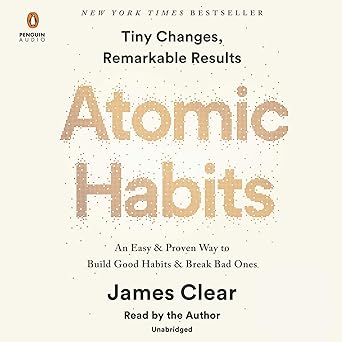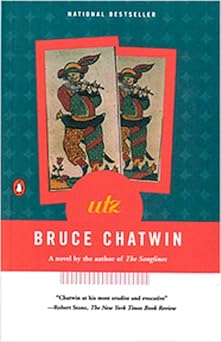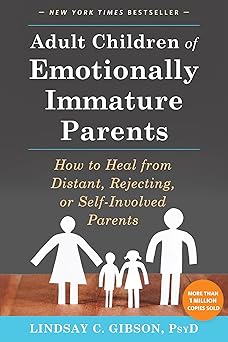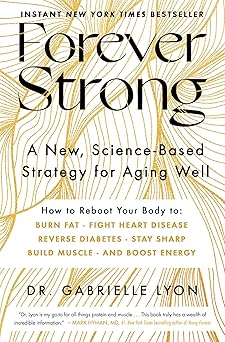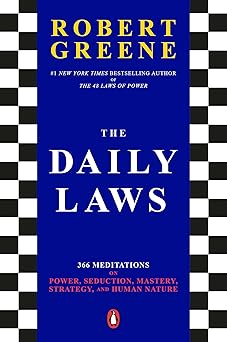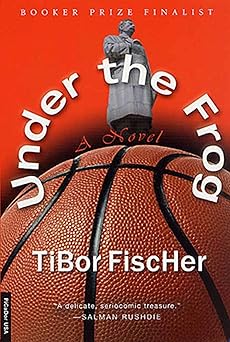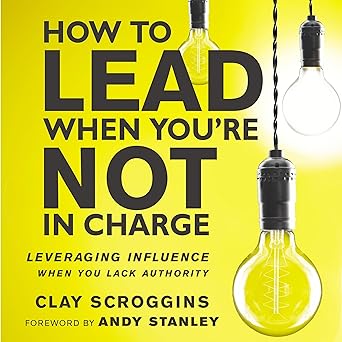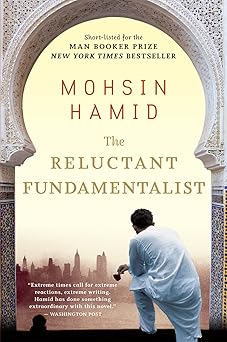
This story is about a man who once felt like he was living the perfect life, the kind many people dream of. He was a student at a very good school, then he got a great job in New York City. He was doing so well, climbing the ladder and finding happiness. He was falling in love with a woman from a nice family, and it seemed like everything was going his way. I remember when my own son was so excited to get into a good college – that feeling of possibility, of a bright future stretching out before you, is something truly special. This man, Changez, felt that same feeling. He thought he had found the place where he belonged, the place where he could truly build a life. But then, something unexpected happened that shook everything up. It wasn't something he did wrong, but something happening around him changed how others saw him.
The story unfolds as Changez sits in a café in Pakistan, talking to an American he doesn't quite trust. He’s telling him his story, a story that starts with so much promise and then takes a complicated turn. Changez, a young man from Pakistan, arrives in America with hopes of achieving the American dream. He excels in school and secures a prestigious job, finding success and a budding romance with Erica. But after the events of 9/11, Changez’s position in the city changes dramatically. He experiences a shift in how people perceive him, and his relationship with Erica becomes strained. As he navigates these challenges, Changez undergoes a profound internal transformation. He starts to question his loyalties and allegiances, finding himself drawn to a deeper understanding of his identity and his connection to his homeland. It’s a time of great upheaval for him, a period where he's grappling with who he is and where he truly belongs. He’s trying to figure out what's most important to him – money, power, love, or something else entirely.
It’s a story about feeling like you don't quite fit in, even when you're outwardly successful. It’s about how the world can change in an instant, and how those changes can affect your place in it. It’s about loyalty, identity, and the complicated feelings that come with being an outsider, even in a place you’ve worked so hard to call home. It’s easy to feel that way sometimes, isn't it? To feel like you're on the outside looking in, trying to understand the rules of a game you don't quite know. Changez’s story is a powerful reminder that sometimes, the most important discoveries are the ones we make about ourselves, even when they’re difficult to face. It’s a book that will make you think about what it truly means to belong, and what we’re willing to sacrifice for it.
I’m often asked what makes a story truly stay with you. It’s not always the grand adventures or the sweeping romances, though those can certainly be wonderful. Sometimes, it’s the quiet moments of understanding, the ones that tap into something universal about the human experience. This is one of those stories. It’s about a young man who seemed to have it all – a great education, a promising career, a loving relationship – and then, suddenly, the world shifted, and everything he thought he knew was questioned. I remember when my own granddaughter was applying for scholarships, so hopeful and eager. That feeling, that belief in a bright future, is so precious. Watching this man’s journey, you really feel that initial sense of hope and possibility, and then the unsettling feeling of things changing, of being viewed differently. It's heartbreaking to see how quickly someone’s place in the world can be altered, not by anything they’ve done, but by the perceptions of others. It's a difficult thing to witness, to feel like you don't belong, even when you've put in so much effort to be accepted. The feeling of being an outsider, of trying to navigate a world where the rules seem to change without warning, is something that many of us have experienced in different ways. It’s a reminder that success isn't always a straight line, and that the most valuable lessons often come from the unexpected detours and challenges we face along the way. It's a story that invites you to consider the fragility of belonging and the complexities of identity.
The tale is told through a conversation, a man recounting his life to someone who seems to be listening with a hidden agenda. This framing device adds a layer of suspense and intrigue, making you wonder about the motivations of both individuals. It’s a story that unfolds gradually, revealing the nuances of Changez’s experiences and the gradual shift in his perspective. Seeing him try to reconcile his aspirations with the realities of his situation is really something. You start to understand how his early successes were intertwined with a desire to fit in, to prove himself worthy of the opportunities he was given. But as the world around him changes, so does his understanding of what truly matters. He begins to question the values he once held dear, and to search for a deeper sense of purpose. It's a journey of self-discovery, a process of stripping away the layers of expectation and societal pressure to reveal the core of who he is. The struggle to define himself, to find a place where he truly belongs, is both poignant and relatable. It shows how easy it is to lose yourself in the pursuit of external validation, and how essential it is to reconnect with your own inner compass.
Ultimately, it is a story about understanding. It prompts us to consider our own biases, our own assumptions about others. It asks us to think about what it means to be loyal, to be true to yourself, and to define your own version of success. It’s not always a comfortable read; it challenges us to confront uncomfortable truths about ourselves and the world around us. But it’s a valuable reminder that there’s more to life than what we can see on the surface. It’s about the search for meaning, the longing for connection, and the courage to stand up for what you believe in, even when it’s difficult. I think it is a story that will resonate with anyone who has ever felt like they were on the outside looking in, and who has ever questioned their place in the world. It’s a story that will stay with you long after you've turned the final page, prompting you to reflect on your own journey and the choices you're making.
Rating: 5.0 / 5.0
This story is about a man who seemed to have everything – a good job, a promising future, and a loving relationship. It's easy to feel hopeful when things are going well, and you can feel that hope through his experiences. But then, unexpected changes happened that made his life complicated. It’s a story about feeling like you don’t quite fit in, even when you’re doing well. Seeing how quickly someone’s place in the world can change, not because of what they did, but because of how others see them, is truly sad. It’s about trying to figure out who you are and where you belong, even when the world seems to be pushing you in a different direction. The story encourages us to think about our own judgments and assumptions. It’s not always a simple read, but it reminds us to look beyond what we see and to understand the struggles of others. It’s a story that will make you think and feel, and it will stay with you long after you finish it.
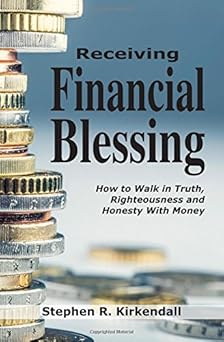
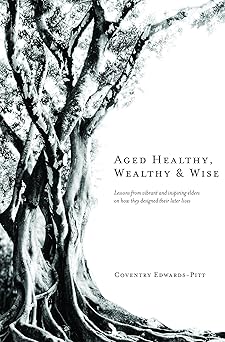
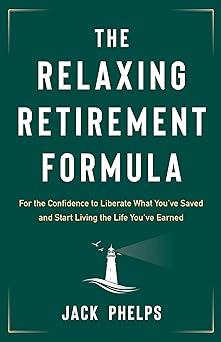
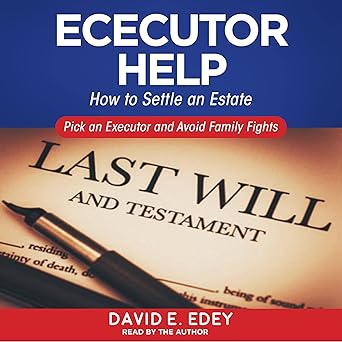
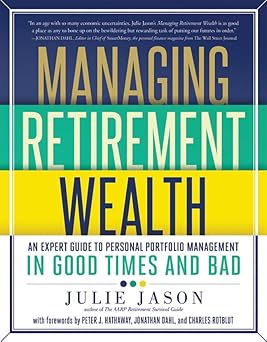
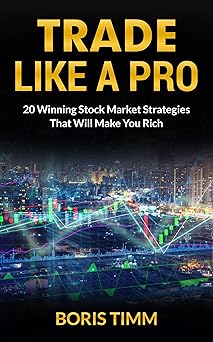
![House FIRE [Financial Independence, Retire Early]: How to Be a Red–Hot Real Estate Millionaire with a Wealth of Time and Money to Burn](/post/unlock-your-dream-retirement-essential-reading-for-financial-freedom-and-peace-of-mind/images/image_61EMzkFw40L._SY342_.jpg)
